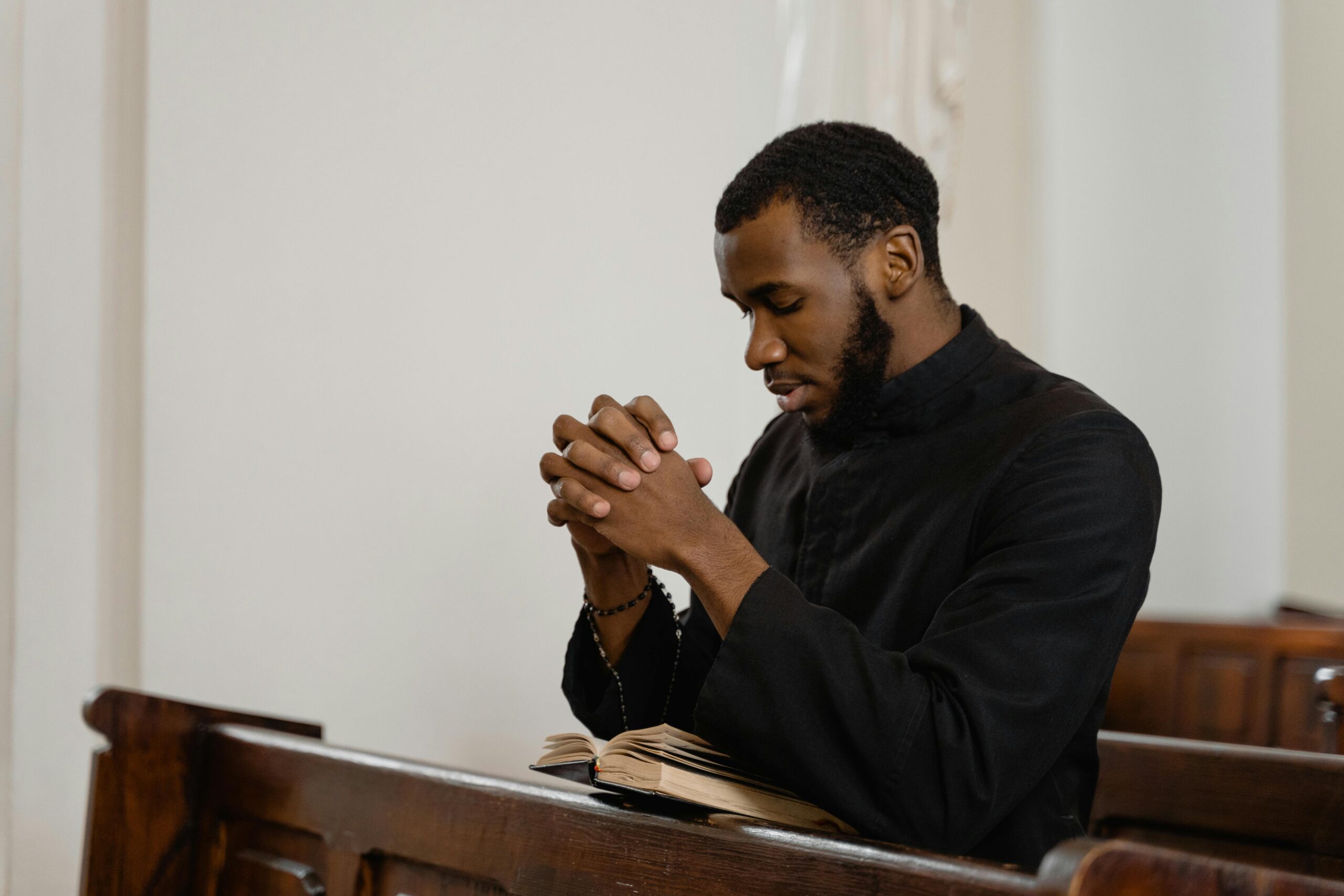For generations, African churches have been central to spiritual and communal life, offering hope, guidance, and support. Yet, when it comes to mental health, silence and stigma prevail. Many believers facing depression, anxiety, or trauma are met with judgment instead of understanding. It’s time for the church to break free from fear and take action.
The Fear That Fuels Silence
In many African faith communities, mental illness is often misunderstood. It is frequently attributed to a lack of faith, sin, or even demonic possession. This belief isolates those who suffer, leaving them to battle their struggles alone, afraid to seek help.
Common responses include:
- “Pray harder, and God will heal you.”
- “You just need stronger faith.”
- “This is a spiritual attack—you need deliverance.”
While faith is essential, mental health issues are real, medical, and psychological conditions that require more than prayer alone.
The Problem with Over-Reliance on Pastoral Counseling
When congregants face emotional distress, many pastors immediately turn to pastoral counseling—if they respond at all. While there is a place for pastoral support, not all emotional struggles are spiritual struggles. Mental health requires more than prayers from the pulpit; it calls for understanding, self-awareness, and practical support.
Pastors must move beyond just prayer and embrace empowering their congregations to recognize, understand, and support one another. Healing often starts by knowing what one is experiencing—without the added layers of fear and spiritual noise.
The Truth About Mental Health
Mental illness is not a sign of spiritual weakness. Science and faith can coexist—just as the church embraces doctors for physical illnesses, it must embrace mental health professionals for emotional and psychological well-being.
Depression, anxiety, and trauma are not just personal struggles; they are community struggles. Poverty, violence, and societal pressures all contribute to poor mental health. Ignoring this reality only deepens the crisis.
The Church’s Role in Breaking the Stigma
The African church has the power to lead the mental health conversation rather than avoid it. By acknowledging and addressing mental health, churches can create safe spaces for healing and growth. Here’s how:
Promote Self-Care – Teach congregants how to manage chronic stress, build resilience, and learn how to support one another, removing the dependence on prayer by elders and pastors.
Educate Congregations – Normalize mental health discussions in sermons and teachings.
Equip Leaders – Train pastors and church staff in African Mental Health First Aid to recognize, and break the stigma, self-care, understand mental wellness from a place they can easily relate to and finally break stigma and community support for struggling individuals.
Faith & Mental Health Must Go Hand in Hand
Jesus ministered to the sick and brokenhearted, not with judgment, but with compassion. Churches must follow His example by offering understanding, support, and real solutions.
📢 It’s time for African churches to stop fearing mental health and start addressing it.
📩 Take action today. Contact us to learn how your church can lead the change
Contact us at: spht@shibero.trust.com
Visit us at: www.shiberotrust.org www.shibero.com

